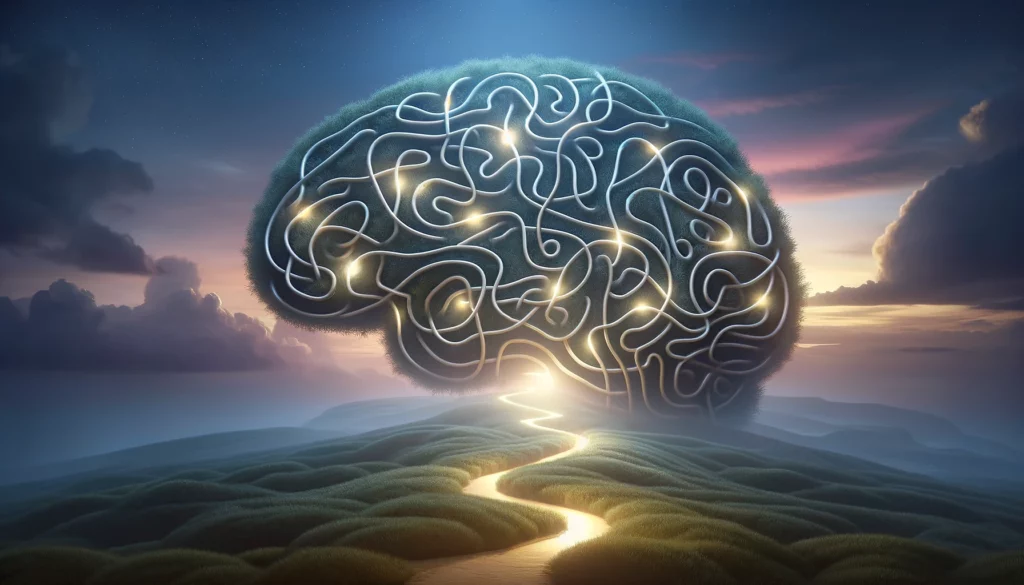Scientists have consistently shown that early-life traumas are significantly linked to the development of major depressive disorder and bipolar disorder later in life. However, increasingly, research is showing that childhood maltreatment (including physical or emotional abuse) is linked to a large percentage of all mental health disorders.

Children have always been among the most vulnerable people in society. This is true across different countries, continents, and cultures. If they are subjected to abuse, this can lead to life-long damage.
We often think of this abuse as physical, but that’s not necessarily the case. Cuts and bruises aren’t always the problem, and abuse isn’t always visible. Sometimes, it’s emotional abuse and neglect — which makes detecting and stopping childhood maltreatment all the more difficult. According to some reviews, one in four children suffers some form of maltreatment at some point in their lives. Unsurprisingly, this can lead to a lot of problems down the line.
Childhood maltreatment not only increases vulnerability to mood disorders but also lowers the age of onset and escalates the frequency and severity of episodes. Research shows that individuals who experienced maltreatment were more likely to suffer from recurrent depressive episodes, suicidal ideation, and a range of psychiatric issues such as anxiety disorders and PTSD.
This is not necessarily new information but the scale and severity of the problem is striking. For instance, a study from Australia found that up to 40% of adult mental health issues can be traced back to childhood problems.
Mental health and trauma
The study recently published in JAMA Psychiatry was led by Dr. Lucinda Grummitt and her team, revealing a stark connection between early adverse experiences and long-term mental health consequences.
Among others, childhood maltreatment was linked with 41% of suicide attempts, 35% for cases of self-harm, and 21% for depression.
“The results are devasting and are an urgent call to invest in prevention—not just giving individual support to children and families, but wider policies to reduce stress experienced by families,” said Dr. Lucinda Grummitt, from the University of Sydney’s Matilda Centre, who led the study. “Investments to address childhood maltreatment have the potential to avert millions of cases of mental disorders in Australia.”
The study utilized data from national surveys and accounted for other confounding factors (like genetic and environmental factors). This meta-analysis offers a compelling case for the causal relationship between childhood maltreatment and mental health deterioration. By isolating these influences, the study presents robust evidence that childhood maltreatment is a significant, preventable cause of mental health disorders.
The study only focused on Australia, but the problem is likely to have a similar incidence in many parts of the world. More people are turning to mental health treatment, particularly as the stigma associated with mental health problems decreases.
However, researchers emphasize that early prevention can work best, particularly as many of these issues are traced to problems from childhood.
“Policies to alleviate stress experienced by families, such as paid parental leave, affordable childcare, income support like Jobseeker, and making sure parents have access to treatment and support for their own mental health could make a world of difference for Australian children. Addressing the societal and economic conditions that give rise to child maltreatment can play a large part in preventing mental disorders at a national level,” Dr. Grummitt said.
This also goes way beyond just mental health.
Separate studies have shown that adverse childhood experiences also cause a long list of other issues, being linked to behaviors such as smoking, excessive drinking, and risky sexual activities, further compounding health risks. The social determinants of health, like poverty and discrimination, interact with childhood trauma to exacerbate its effects.
Overall, scientists have highlighted adverse childhood experiences as a cause of multiple health challenges across a lifetime. This cascading effect highlights the urgent need for societal recognition and targeted intervention to mitigate the profound impact of childhood adversities on public health.
The implications of this research are clear: preventing childhood maltreatment is more than only a moral obligation but a practical strategy to improve mental health outcomes significantly and address several health issues. This strategy could potentially save millions of people from mental health conditions and other conditions.






